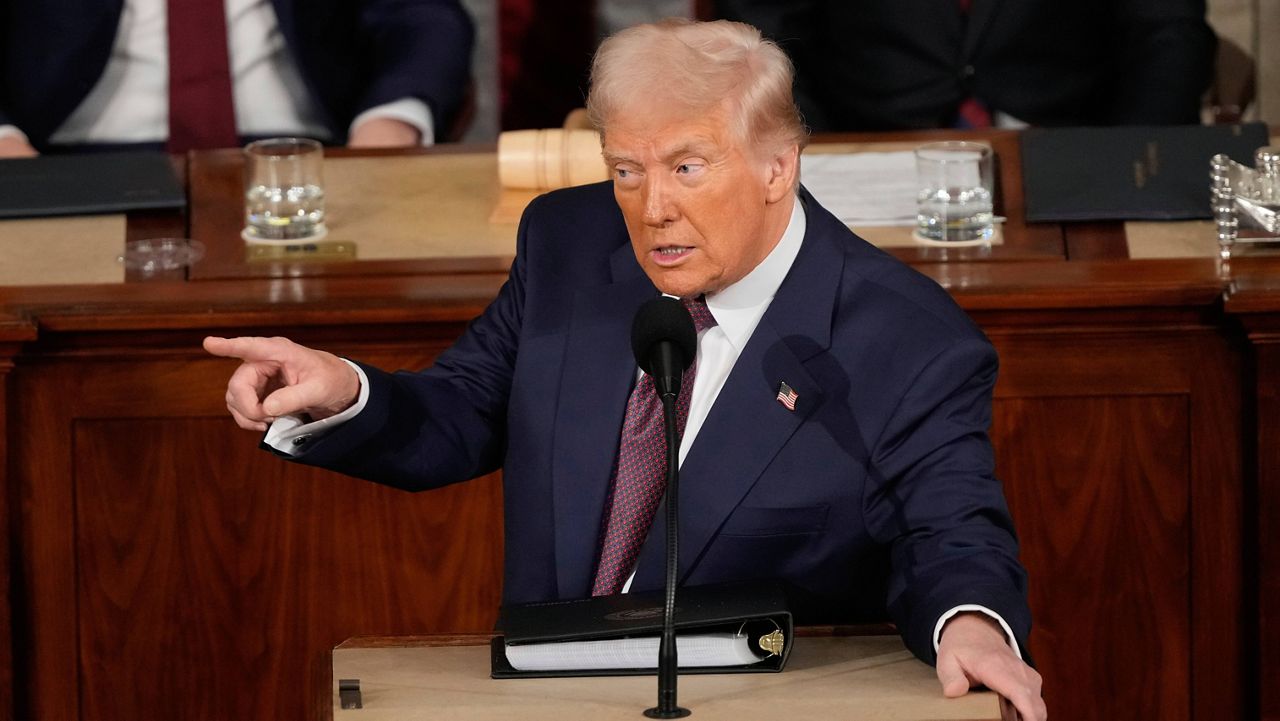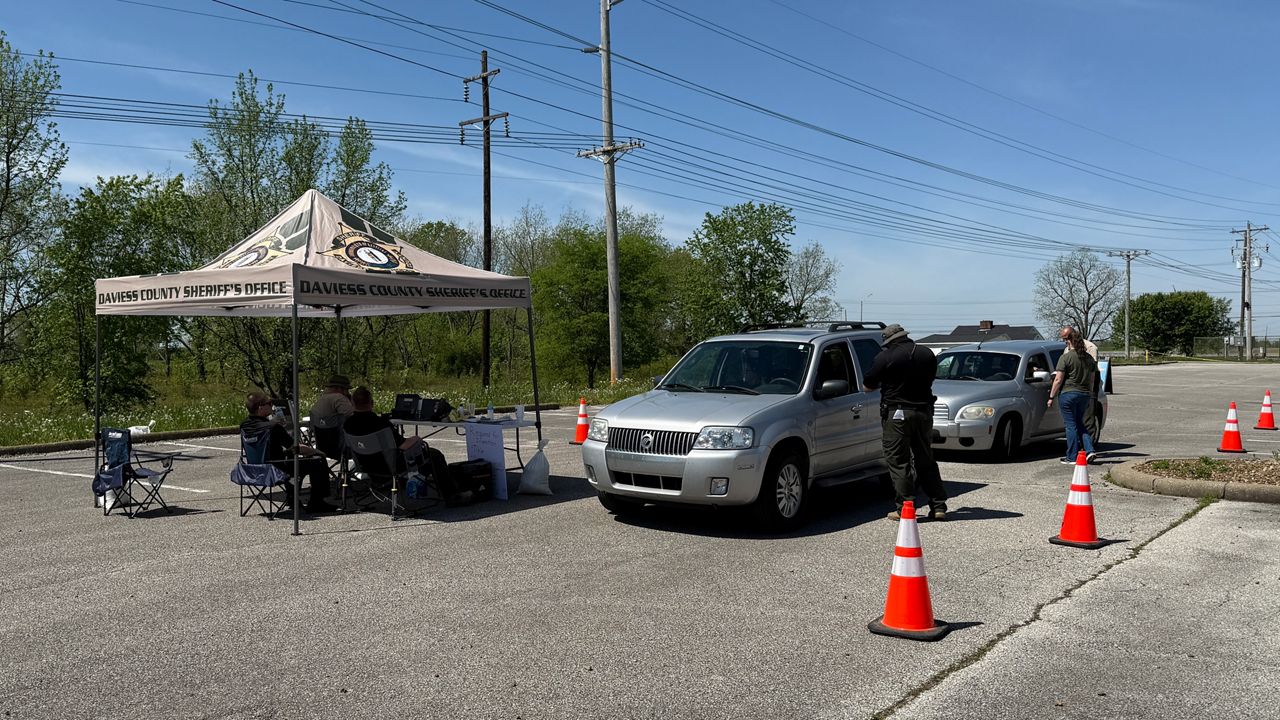LOUISVILLE, Ky. — The Louisville Urban League wants changes to the forthcoming police union contract, hoping to increase accountability.
On the heels of the Department of Justice investigation on LMPD practices and on the anniversary of the police killing of Breonna Taylor, the Louisville Urban League, ACLU and 490 Project released recommendations of policy changes it hopes LMPD and the city adopts as new contract negotiations loom.
Louisville Urban League has at least 18 policy changes pertaining to a new police union contract. Recommendations range from limiting the number of hours officers can work in consecutive shifts, residency requirements, restrictions on secondary employment and creating a transparent process of filing complaints against officers.
“This blistering report has rendered Louisville and the LMPD temporarily transparent exposing to the world the pretend shock of city administrators to complaints that community members, activists and organizations have made for decades,” Urban League President Kish Cumi Price said, referencing the DOJ’s findings.
Price says the new contract should state in detail the reason an officer is relieved of their duty. “For things like if a body camera is intentionally turned off during an encounter with a citizen, conviction of certain misdemeanors, failure to abide by SOP after being restrained,” Price explained.
The group also says language should be added to the contract prohibiting officers from belonging to or sympathizing with a known hate or domestic terrorist groups.
“We should be able to screen for that, right? We should be able to screen for if you are participating in a white supremacist group,” she said.
Regarding hours worked, Price says a 12-hour shift worked consecutively is too long. Citing the Urban League’s proposal, “Officers cannot maintain the necessary mental, physical, and emotional health to do their jobs well at that rate. To attempt to do so is to put themselves and the public at risk.”
Regarding secondary employment, their proposal states, “There is no definition of what this exception can entail, making oversight and accountability for any such ‘exception’ nearly impossible and open for abuse by officers. Under no circumstances should secondary employment interfere with this primary employment.”
Regarding officer accountability Price purposes, “there is no outlined accountability system mentioned with regard to this clause. Officers are simply told to self-report. Furthermore, there is no mention of how secondary employment factors into this reporting. Our position is that no secondary employment should interfere with an officer’s job performance, which includes their ability to get the necessary rest they need.”
During Monday’s news conference, Price highlighted the disparity in Louisville’s police complaint practices.
“We have one of the most filing a complaint that is not consistent with statewide policy, practice procedure, so it’s obvious that it’s in place to reduce the amount of complaints being received,” she said.
The Urban League proposal continues by stating, “There must be an accountability system to ensure complaints are appropriately processed, investigated, and adjudicated.”
Price stated if Mayor Craig Greenberg wants to Louisville Police Department to become the most trusted, trained and transparent police force in America, he should then appoint “impacted” members of the community to be present at contract negations.
On Monday Kevin Trager, Mayor Greenberg’s press secretary, provided Spectrum News with the following statement: “We welcome and encourage any and all community input on the collective bargaining agreement with the FOP.”










